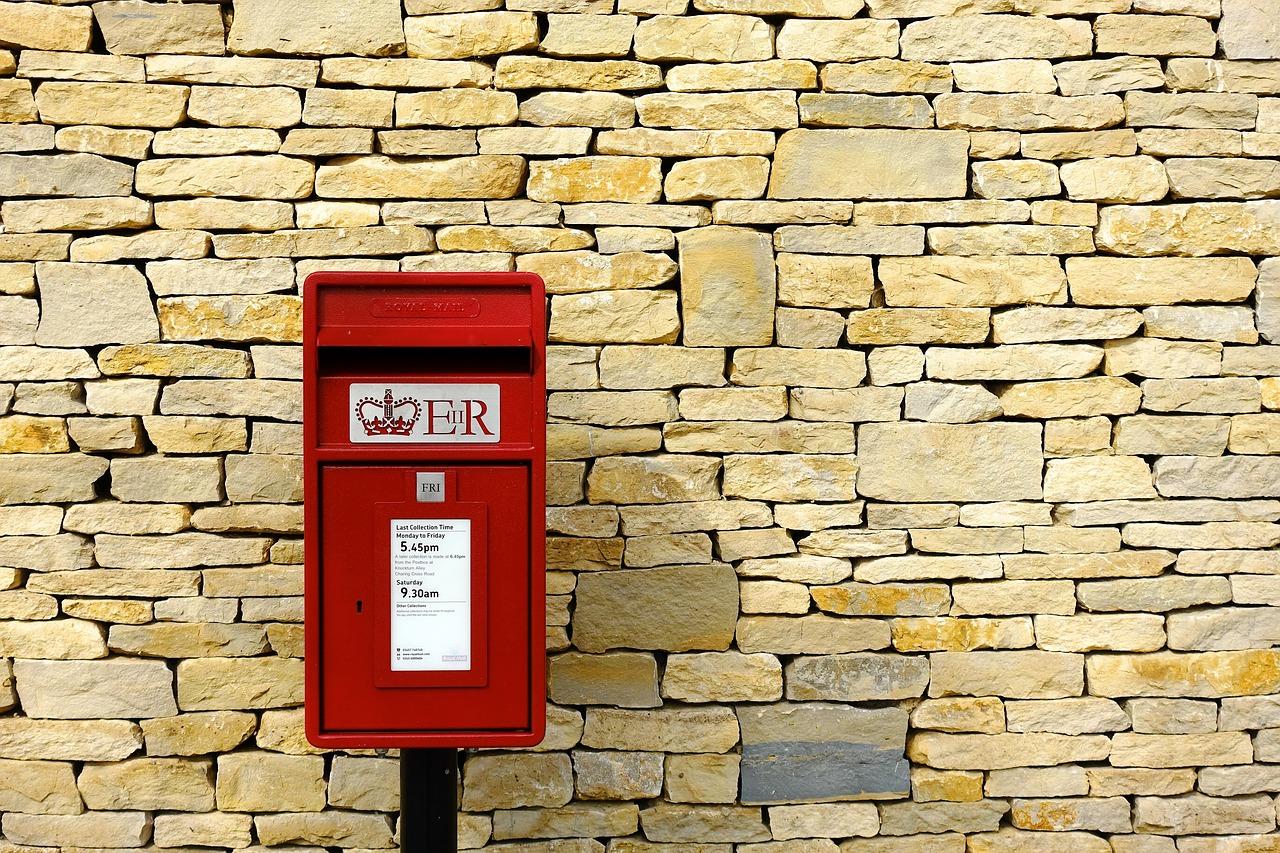Royal Mail shares, which sold at 330p per share, rose to 456p, an increase of 38% at the beginning of conditional dealings on the LSE (London Stock Exchange).
Many opponents, and even City experts believe the Royal Mail sale was undervalued.
The UK government said it made 33% of the Royal Mail available to the public. Thirty-eight percent of the company is still state owned, but this may eventually drop to 30%. Institutional investors could buy up to 67% of the Royal Mail sale offering.
Although Royal Mail shares will not be officially listed until Tuesday, October 15th, London’s financial institutions started “conditional dealings” today.
Instant profit – 690,000 private investors who bought £750 of Royal Mail shares made an instant profit of £250 this morning.
At midday in London today, shares fell back from their peak to 435p, still representing a rise of 31.8%. Private investors could buy 227 shares each.
The Royal Mail, which is more than 500 years old, was valued at £3.3 billion. After the start of trading, its value rose to £4.4 billion.
When markets opened today, 10 million shares from the Royal Mail sale were traded within the first thirty seconds.
The BBC quoted Stockbroker Hargreaves Lansdown who said that their website struggled to deal with the “unprecedented interest” in the Royal Mail sale of shares. Tom McPhail said they now have six times as many employees as normal working on their dealing lines.

Was the Royal Mail sale too cheap?
Some City analysts have openly wondered whether the Royal Mail sale was done too cheaply. Vince Cable, the UK government’s Business Secretary does not think so.
Campaign manager for “Save Our Royal Mail”, Martin Forsythe believes the sale was undervalued by possibly 80%. He says the future looks “bleak for our postal service.”
Forsythe said to the Daily Telepgraph “If City analysts are to be believed, Royal Mail has been undervalued by up to 80 per cent, so clearly the taxpayer is losing out. This is the end of the postal service as we know it.”
The Guardian quotes the general secretary of the Communication Workers Union, which represents over 100,000 postal workers, who said “Privatisation is about greed. I think Vince Cable is one of the cleverest men in the government, but he’s made one of the stupidest mistakes in politics on privatising Royal Mail.”
Katy Clark, a member of parliament for the opposition Labour Party, who sits on the Business, Innovation and Skills Committee, said “The government was warned that this sale was undervalued and the news today suggests that this was the case. They should not have gone ahead on this basis.”
Margaret Thatcher never considered a Royal Mail sale
The UK’s Royal Mail dates back to the court of Henry VIII. It is such a cemented fabric of British Society that not even Margaret Thatcher, who put through the privatization of many companies during her premiership, left the national postal service alone. However, during her time the UK postal service did not have to face competition from the Internet, e-mails and handheld communication devices.
During the last twenty years three attempts have been made to privatize the British postal service – they all failed because of public outcries.
The offering last Tuesday was seven times oversubscribed. Several stockbroking companies stayed open until the deadline for investors (midnight). This is the largest privatization in the UK since the railways were sold off two decades ago.
David Scott, a stockbroker at Redmayne-Bentley, said to the New York Times (Archived) “The buzz is huge. There hasn’t been a privatization of that magnitude in a long while, and people think they can make an instant gain. We’ve been absolutely inundated with calls from clients.”
